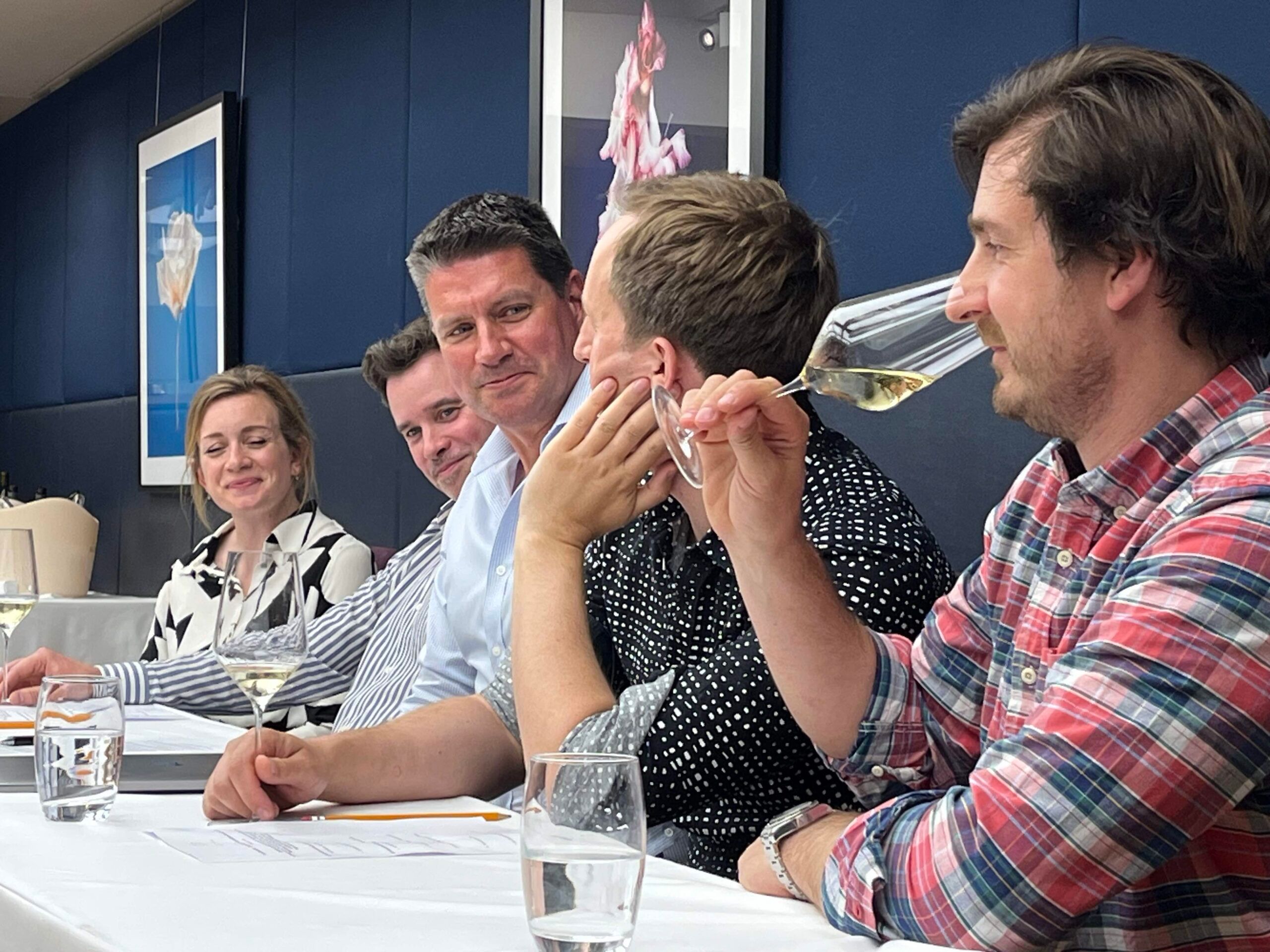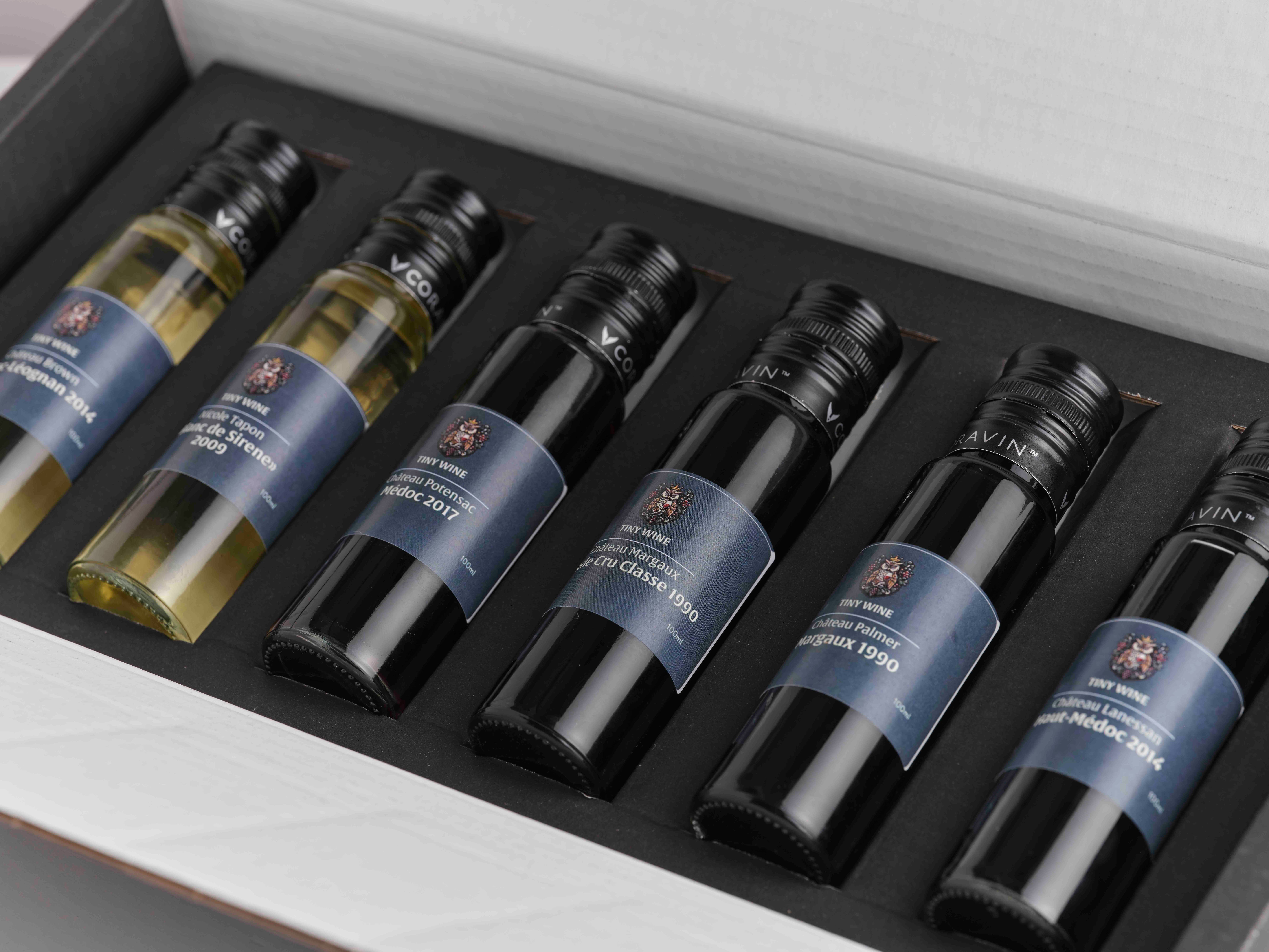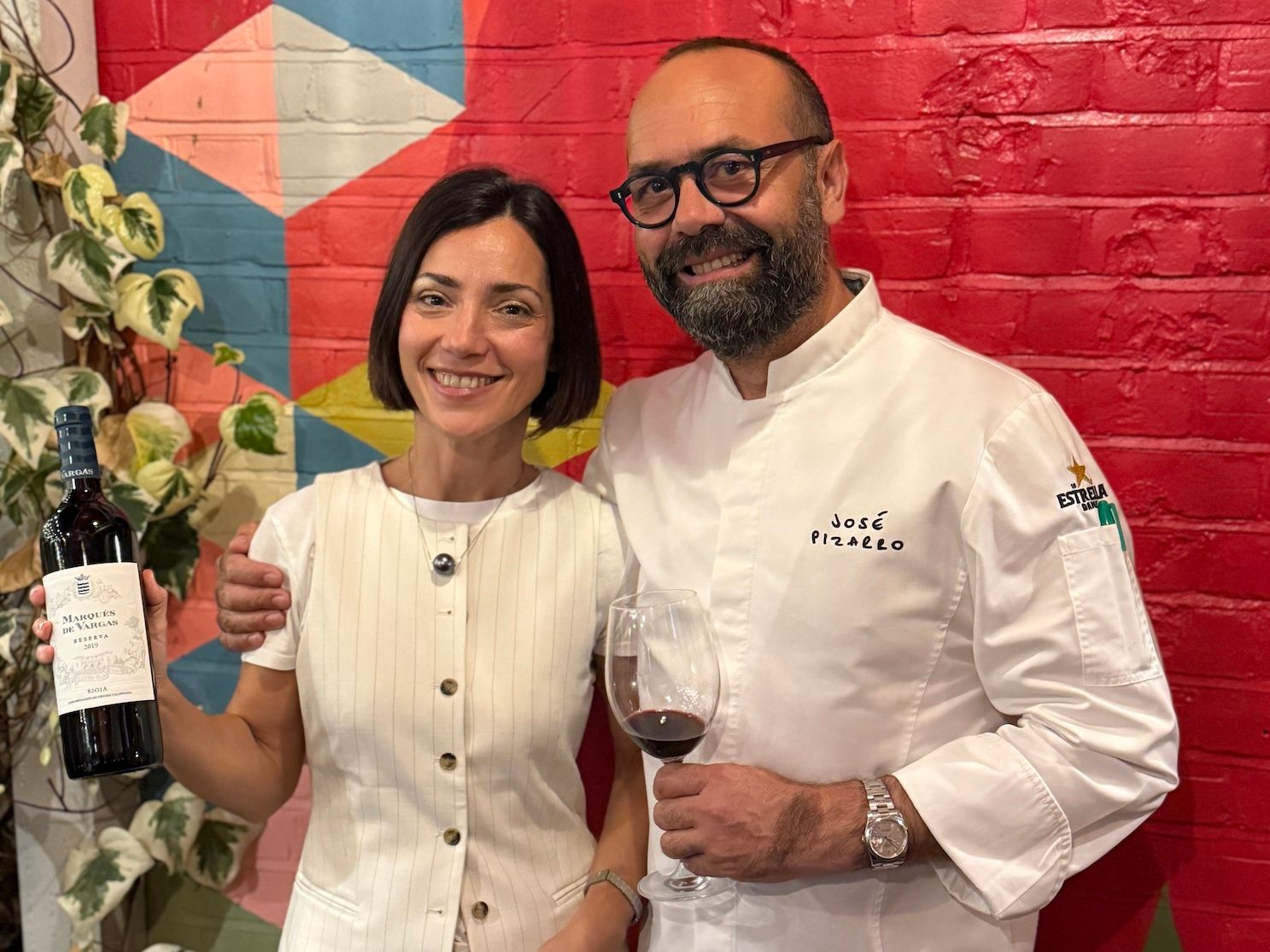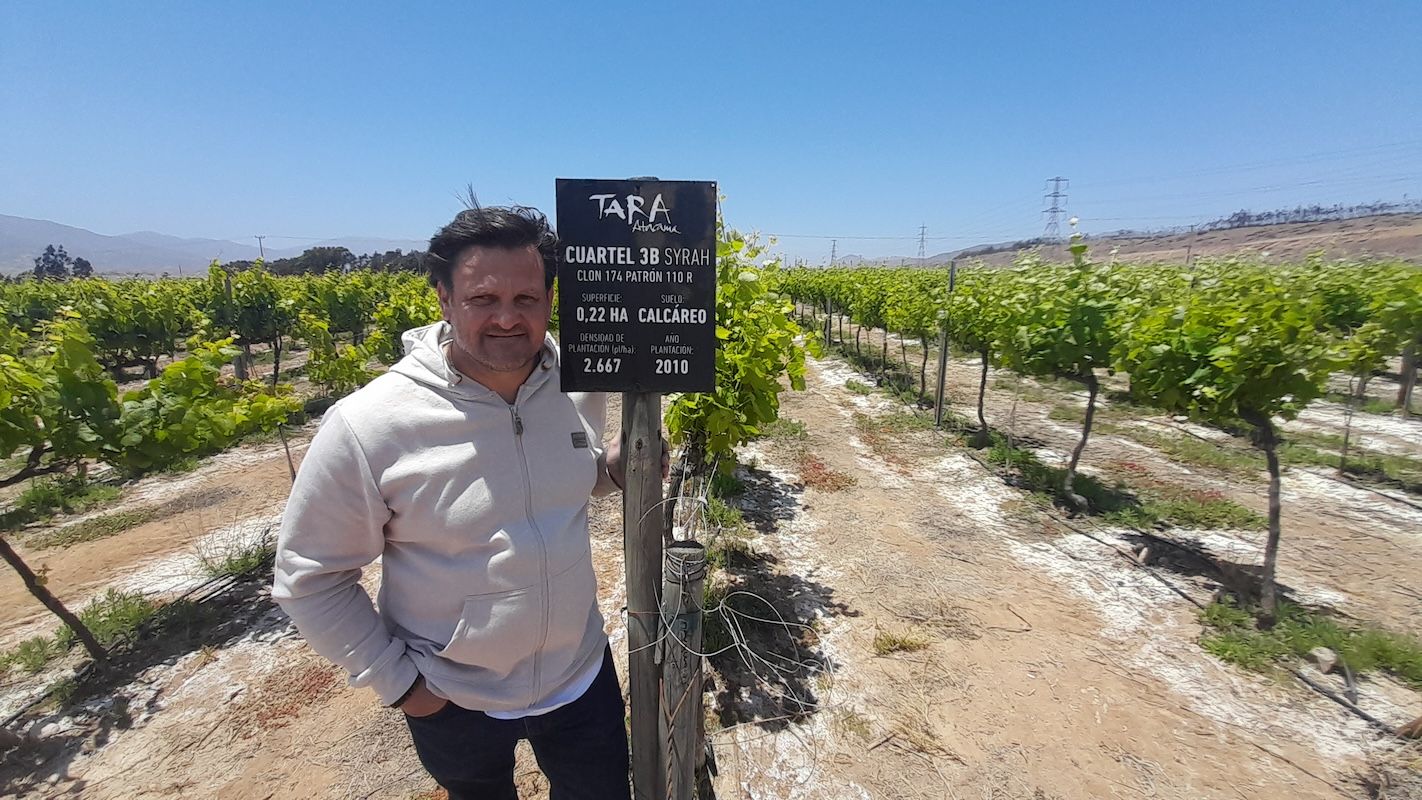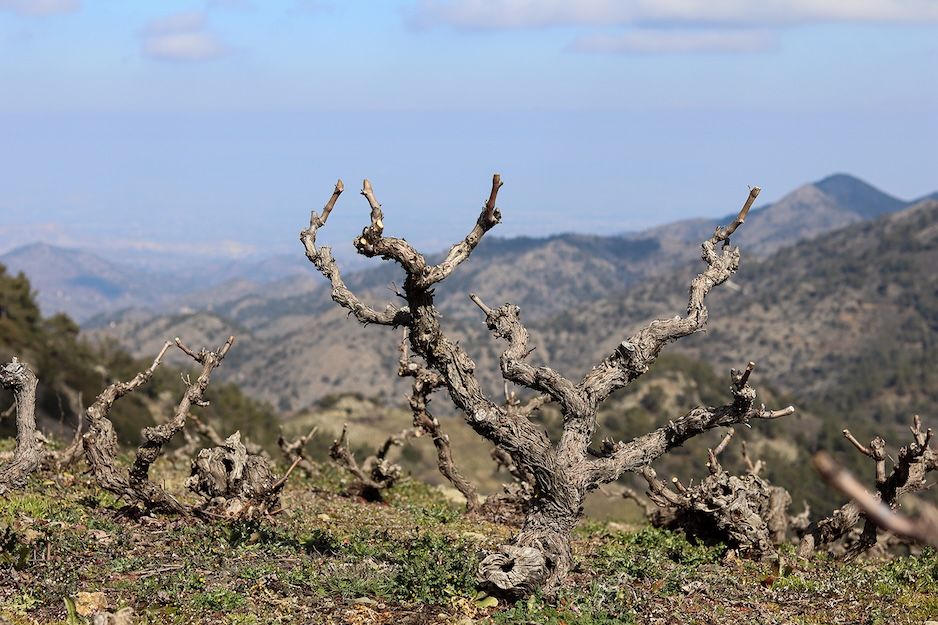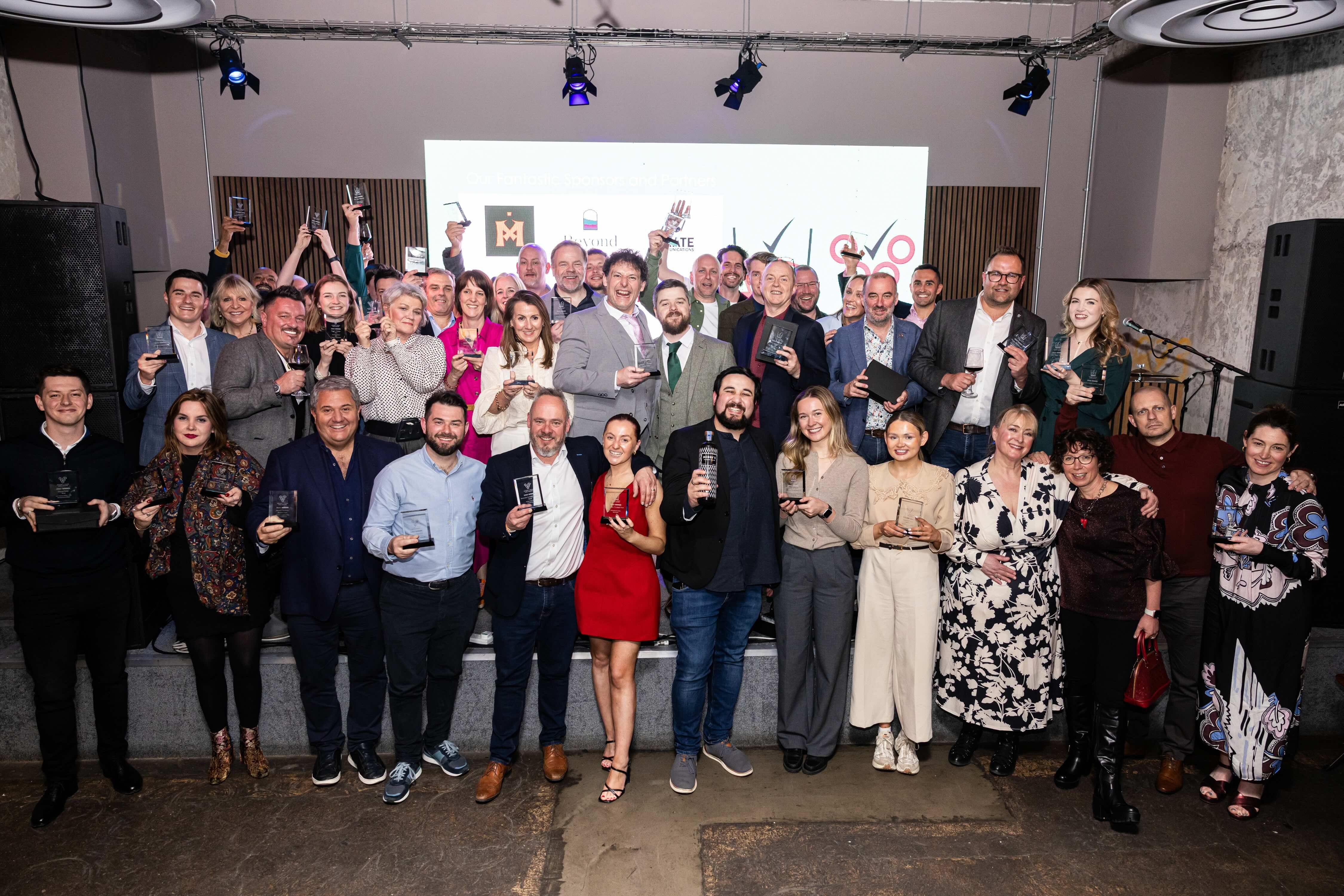67 Pall Mall in London was the setting for what proved to be an exciting and diverse debate, says English wine consultant Simon Huntington, co-founder of Marasby.
67 Pall Mall has become such a focal point for the well-heeled end of London’s wine trade that it can be difficult to imagine that it first opened its doors just eight years ago. Being situated across the road from a wine merchant that once sold to Lord Byron illustrates the incredible rapidity of this achievement.
That a members-only panel discussion on the future of English wine first sold out, and then provoked one of the liveliest evenings of discussion in recent club memory seems significant. At £2,500 per year membership fees, 67 Pall Mall’s members can choose to drink whatever, from wherever, they want. That they would be so passionately engaged in the conversation about English wine demonstrates the rapidly growing level of interest in the subject.So, what was the point of the discussion? Guy Woodward, former editor of Decanter and Club Oenologique, was our host and put things in context. Just 20 years ago, he attended two of his first industry events. The first was a tasting of Krug at The Dorchester, and the second, a tasting of English wine at a small, provincial English vineyard.
“Compared to the Krug tasting, it was a soul- destroying experience,” said Woodward.
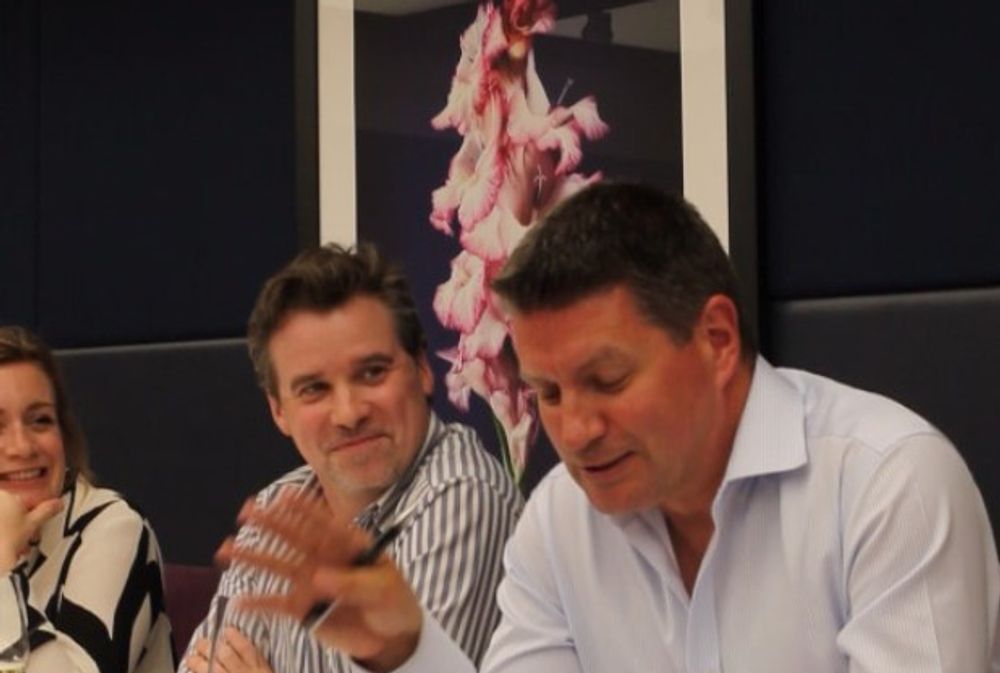
Guy Woodward, who chaired the debate, said English wine has come an extraordinary way in the last 20 years
By way of contrast, he said he had recently attended a tasting at 67 Pall Mall of Nyetimber’s 1086 – a prestige cuvee that retails for £135 per bottle. It was shown against ultra-premium sparkling wines from around the world, including Krug, and it held its own. “If that was the progress made in 20 years,” Woodward asked, “where could English wine be in another 20 years?”
Up for debate
Alongside Woodward sat a panel representing the diversity of the English wine industry. At one end Laura Rhys MS represented Kent’s large, acclaimed, and well-resourced estate Gusbourne. Sergio Verillo, owner and winemaker at Battersea urban winery, Blackbook, sat at the other end of the panel – both literally and metaphorically. James Lambert of Lyme Bay Winery and Tom Hewson, English wine specialist for Tim Atkin MW and Champagne correspondent for Decanter, took their places in between.
The discussion began calmly enough. Each of the panel explained their backgrounds and their current involvement in the industry. Despite the diverse range of panellists, all were much aligned in their views about the exciting progress and potential of the industry.
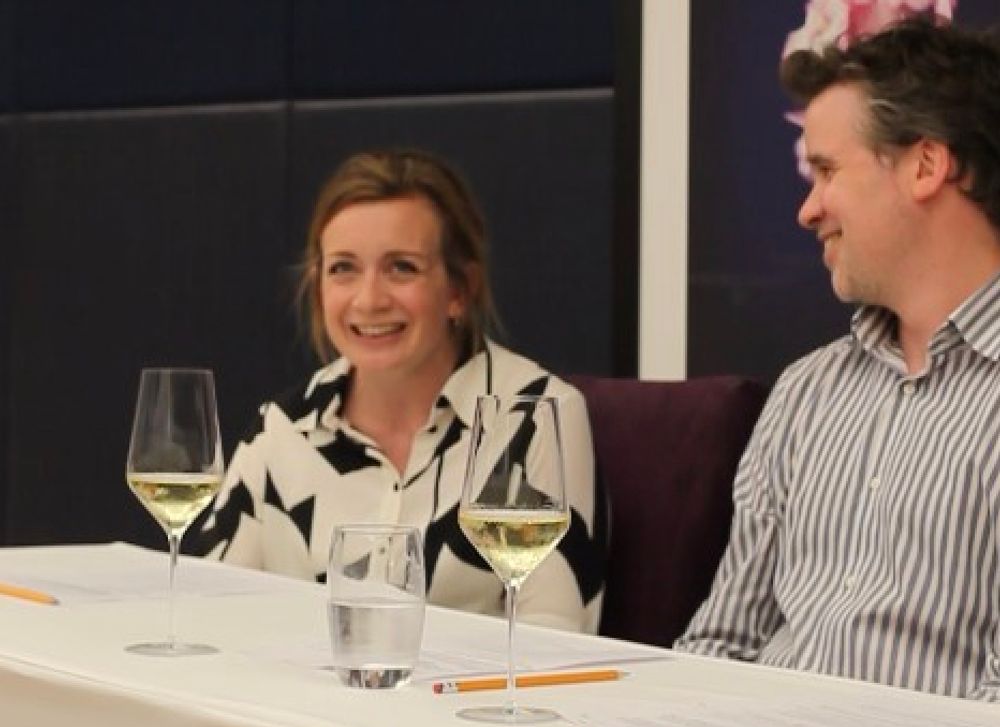
Laura Rhys MS was there to represent Gusbourne and the work it is doing to promote premium English wine
Yet, almost immediately, it was the audience who began posing the more challenging questions. One asked if England was hiding the quality of its fruit under the bubbles of secondary fermentation. That resulted in a “no” from all the panel except for still wine specialist Verillo of Blackbook.
Another asked why the industry kept promoting the “mediocre” grape Bacchus. “Because despite what people think, it’s incredibly popular,” said James Lambert of Lyme Bay. “There’s actually not enough Bacchus being grown to supply demand.”
A third asked if there was any point discussing English still wine at all. “It is just 30% of production,” he said. “Most of that is sparkling producers making a bit of still wine to pour during wine tours anyway…. For every English still wine, there is an example from somewhere else in the world that is better at half the price.”
“I totally disagree,” responded Verillo. “English wines aren’t any more expensive than comparative wines from other cool-climate regions.”
Strengths and weaknesses
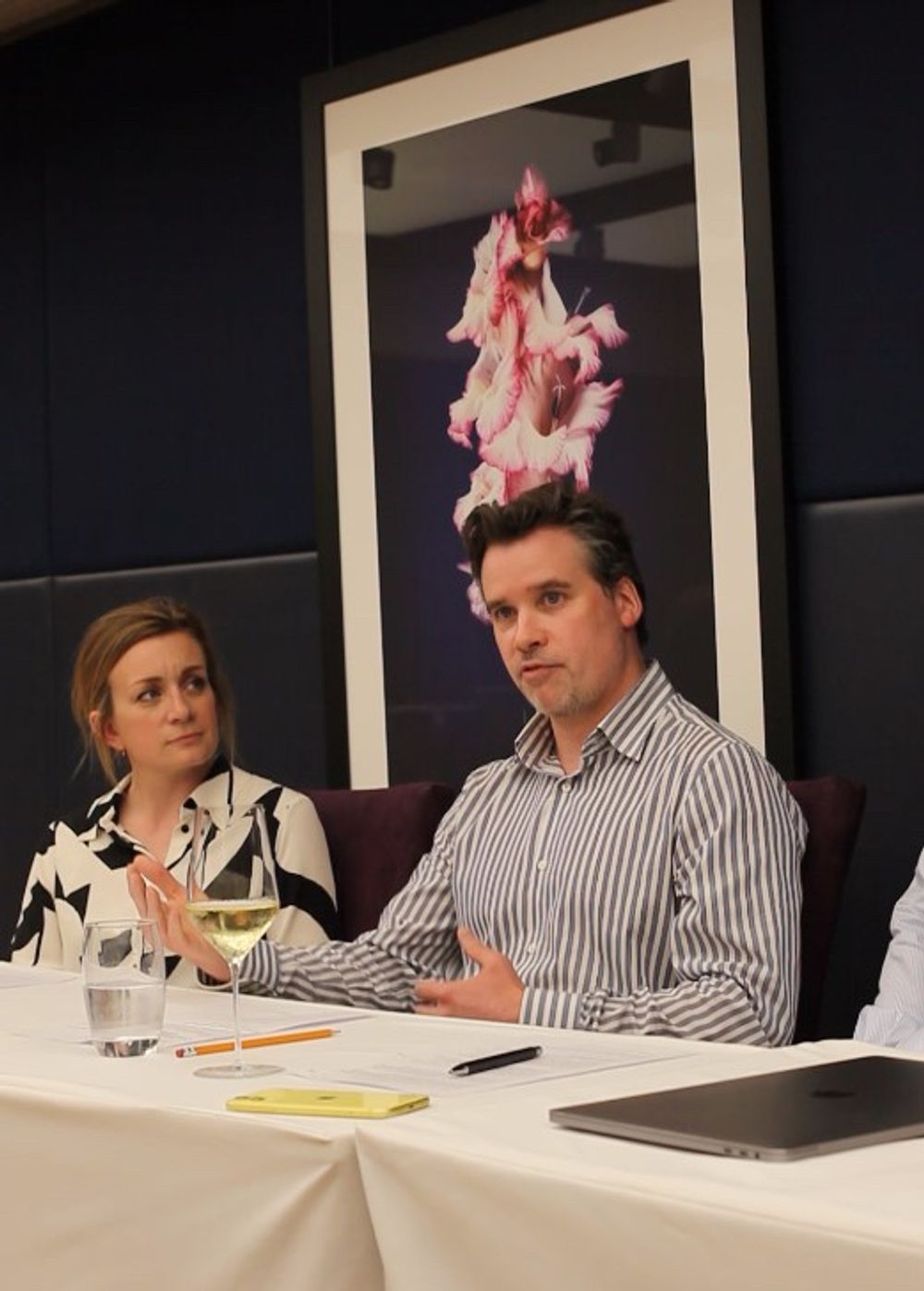
James Lambert says the English wine industry needs stronger leadership to help its overall profile and image
The discussion continued well beyond the planned finishing time of 8pm – and for some ran late into the night in various corners of the club. Yet, while it is encouraging that the industry attracts so many diverse viewpoints, it could also be one of its weaknesses.
To illustrate this, James Lambert compared the UK to New Zealand. The country’s industry became incredibly successful via its winemakers banding together, finding a common style, and presenting a united message to the world’s wine drinkers. By contrast, the UK’s industry is diverse, but can be disunited.
“We need stronger leadership,” said James. “But I’m not sure where that’s going to come from.”
The challenge for the English wine industry to find a similar unity may require more than leadership. The UK is one of the historic centres of the world wine trade. Drinkers here take it for granted that they can access a huge range of wines from all over the world. To succeed, our industry must necessarily cater to a consumer used to enjoying many different wine styles. After all, our drinkers are no more likely to give up their love of wine variety than our foodies are going to stop enjoying Italian, Thai, or Japanese cuisine.

Tom Hewson, English wine specialist for Tim Atkin MW and Champagne correspondent for Decanter
In the end, what probably matters more than consistency in style, is consistency in quality. Our best winemakers – like Blackbook, Lyme Bay and Gusbourne – produce wines that are typical of their grape and style, and at least as good as equivalents from elsewhere in the world. Yet English wine in general is still too variable in quality for drinkers to be entirely confident of picking up any given bottle and getting what they expect.
Rather than our producers banding together to market one individual grape and winemaking style, it’s more important that they understand their target consumer and give them what they’re looking for. Understanding consumers will require a different kind of collaboration – one of continuing to be open, to share information and ideas with each other.
So, what’s most important is that we keep the discussion going.
- Simon Huntington is co-founder of Marasby, a specialist platform for English and Welsh wine. Visit Marasby.com and @marasbygb for more news and views.
